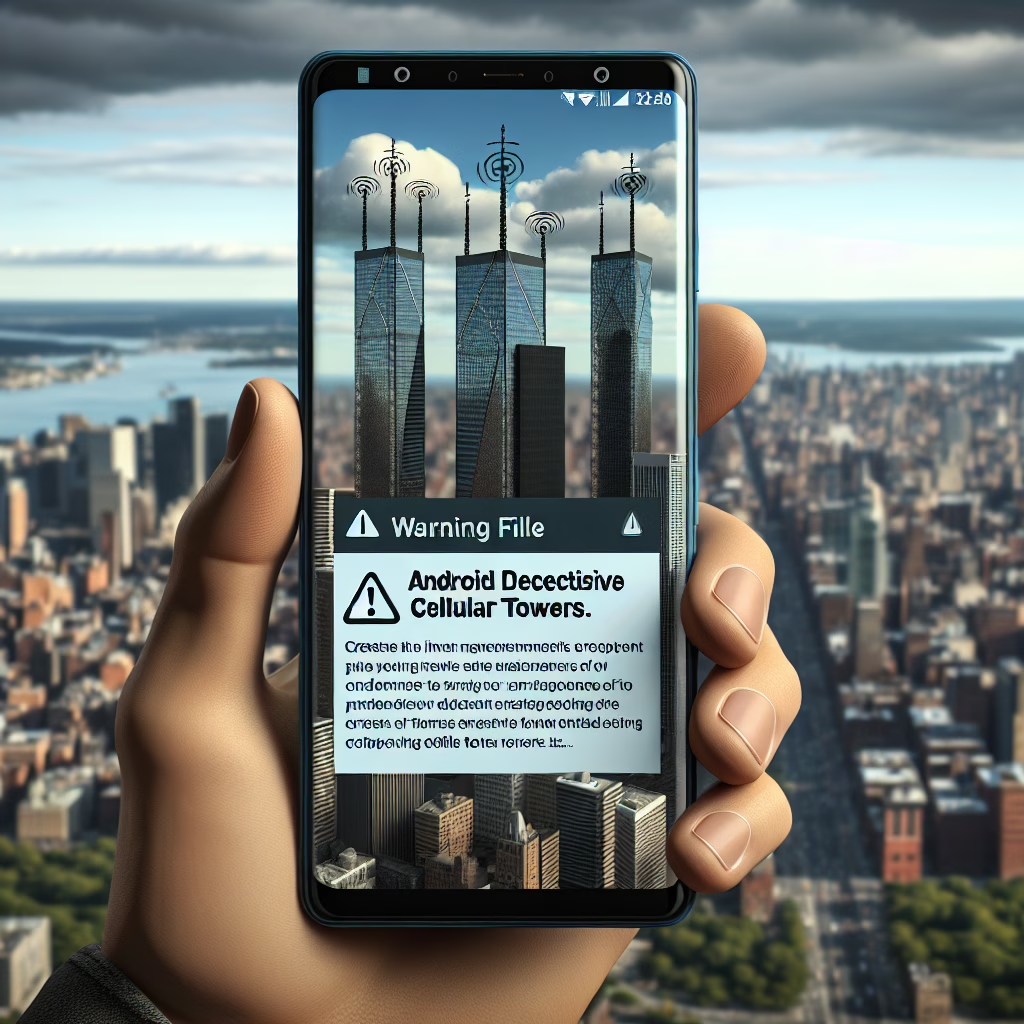In a world where our smartphones have become our constant companions, the thought of data-stealing fake cell towers lurking around us can be as alarming as finding out your favorite coffee shop has run out of oat milk. Luckily, future Android phones are set to step up their game by warning us about these mischievous towers that are just waiting to snatch our precious data. Let’s dive into how this technology could transform our mobile experiences while keeping us entertained along the way.
What Are Fake Cell Towers and Why Should We Care?
Imagine walking down the street, blissfully unaware that a rogue cell tower is impersonating your network provider. These fake cell towers, also known as IMSI catchers, can intercept your calls, texts, and even steal your personal data faster than you can say “data breach.” They operate by masquerading as legitimate towers, tricking phones into connecting with them. In simpler terms, they’re like the con artists of the telecom world, luring unsuspecting victims into their web.
But why should we care? Well, if you enjoy using your phone for anything beyond making awkward small talk with strangers, then you definitely should! In our increasingly digital lives, protecting our personal information is paramount. As smartphones evolve, so too must our defenses against these crafty deceivers.
How Future Android Phones Will Fight Back
The good news is that tech wizards at Google and other companies are working tirelessly to equip future Android phones with features that will help users spot these sneaky impostors. The plan includes a series of clever alerts and warnings that will pop up on your screen like an eager puppy when a fake cell tower tries to connect with your device.
These smartphones will leverage advanced algorithms to identify potential threats. Think of it as having a virtual security guard who never sleeps—well, except when you do! This high-tech feature will analyze network signals and quickly determine if they come from a shady source or a reliable provider. If it smells fishy (or in this case, cellular), your phone will give you a heads-up.
Why This Matters in 2025
As we roll into 2025, the importance of safeguarding our data cannot be overstated. With more of our lives being lived online—from banking to dating—it’s crucial that we have tools in place to protect ourselves from digital pickpockets. The rise of fake cell towers comes at a time when cyber threats are evolving faster than ever before.
This new technology isn’t just about convenience; it’s about empowerment. Users will no longer be passive participants in their digital lives but active defenders against potential threats. The future Android phones will not only keep us informed but also make us feel more secure in an otherwise chaotic digital landscape.
What Can You Do Now?
While we eagerly await these exciting advancements in mobile security, there are steps you can take right now to protect yourself from potential threats:
- Use VPNs: Virtual Private Networks can add an extra layer of security by encrypting your internet traffic.
- Stay Updated: Regularly update your phone’s software to ensure you have the latest security features.
- Avoid Public Wi-Fi: Connecting to unsecured networks can leave you vulnerable to data theft.
By taking these precautions, you’re already ahead of the game while waiting for those shiny new features to arrive!
The Bottom Line: Embracing Technology with a Smile
The prospect of future Android phones warning us about data-stealing fake cell towers is not only exciting but essential for maintaining our privacy in an increasingly connected world. As we embrace these technological innovations, let’s do so with a smile—and perhaps a bit of skepticism—because who knows what other surprises await us on our digital journeys?
If you have thoughts or experiences regarding mobile security and fake cell towers, feel free to share them in the comments below! We’d love to hear from you and learn together.
A special thank you to Ars Technica for the insightful information that inspired this article!

